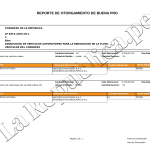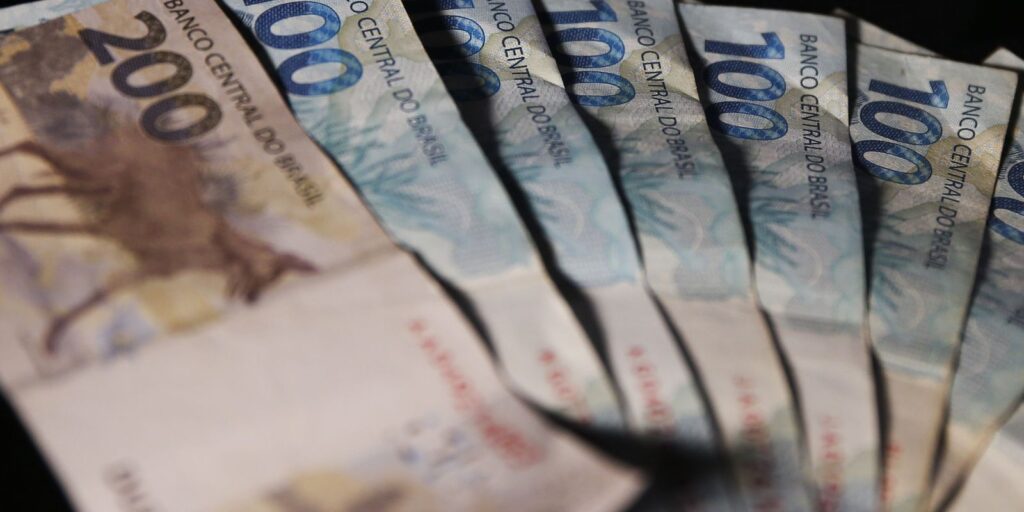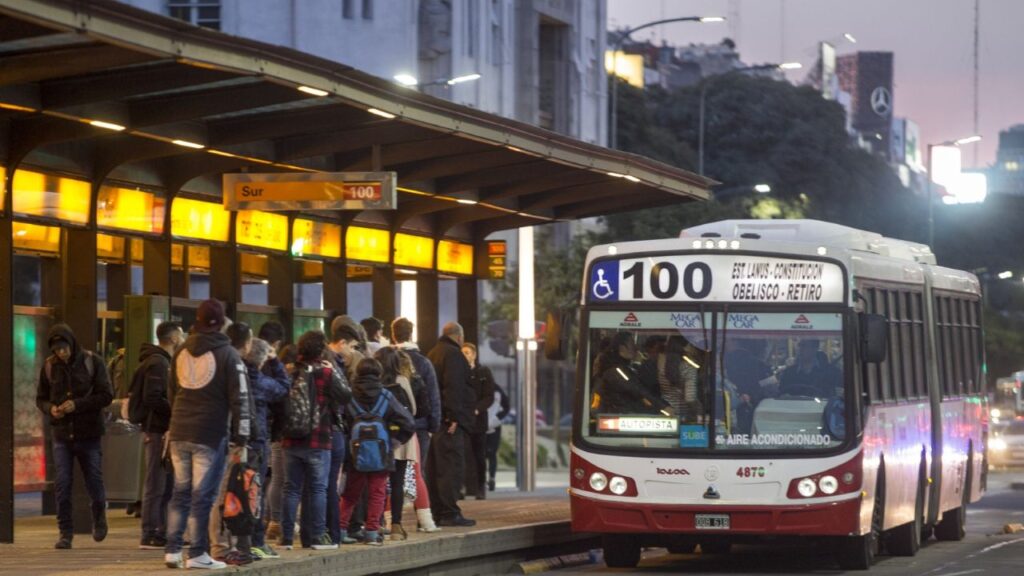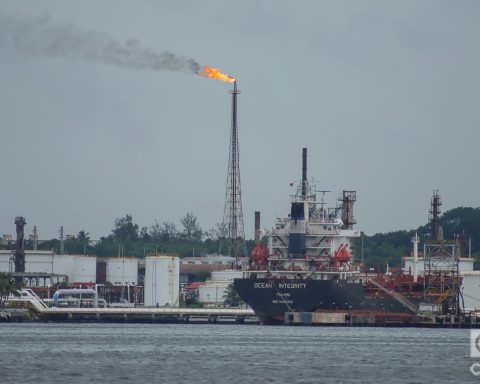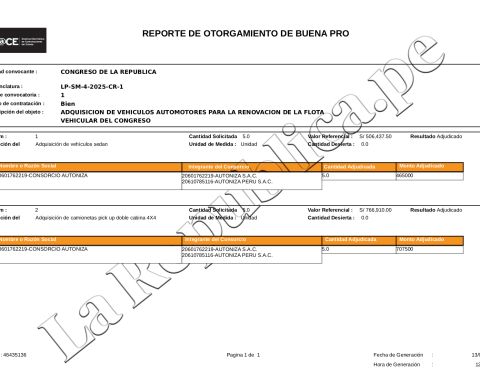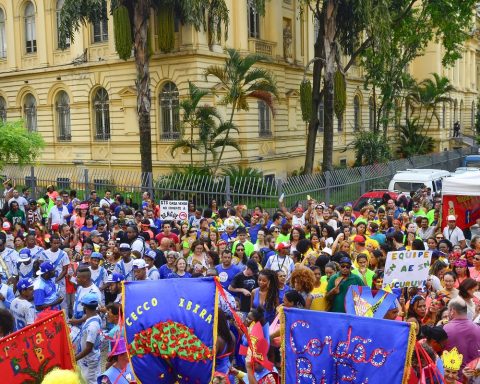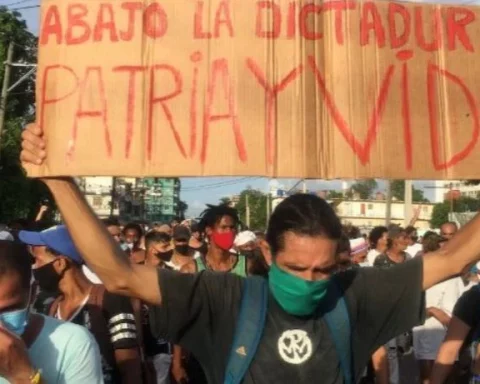Page Seven Digital, with data from Río Negro and Energy Radar
Four days after the expiration of the extension in the negotiation of the contract between Yacimientos Petrolíferos Fiscales Bolivianos (YPFB) and Integración Energética Argentina (IEASA) for the export of gas, the state oil company proposed dispatching nine million cubic meters per day (MMmcd), that is, 35.71% less than the gas sent last year, when it reached 14 MMmcd, according to Argentine media.
“From YPFB it is argued that due to the decline of its productive fields, for this winter they would not be able to maintain the 14 million cubic meters per day of floor that were agreed last year. The level of shipments that YPFB would have raised for Argentina is of just nine million cubic meters per day, 35.71% less than the gas sent last year,” the Argentine news portal reported on Thursday. Black river.
In the current addendum (the fifth) the agreed volumes are 14 MMmc/d of natural gas for the winter season and eight million in the summer, the minimums of which YPFB had difficulty meeting in October, when it delivered less than eight MMmcd, due to production problems in Campo Margarita.
This lower volume represents a serious problem for Ieasa and Argentina in general —according to Río Negro—, since that difference of five million cubic meters should be replaced with a much more expensive LNG or also with liquids (especially diesel) that are imported. and that not all thermal power plants in Argentina can use.
You can also read: They warn less gas sales this year to Argentina
“The Bolivian impossibility, due to the drop in production, worries Argentine negotiators since the difference must be liquefied natural gas (LNG) imported from overseas at prices up to four times more expensive, plus transportation from the coast of Buenos Aires to the northern provinces,” reported Energy Radar.
In Argentina they warn of a “collapse” of gas reserves, since they expected to negotiate on a base offer of 12 MMmcd, and not the eight million that are far from their expectations.
“From Argentina it had been estimated that the Bolivian supply would be in the order of 12 million cubic meters, but a series of additional problems to the decline of Bolivia’s fields would be collapsing the available gas even more,” they reported.
Until January 31, Bolivia and Argentina must negotiate the new addendum to the natural gas purchase-sale contract, but analysts warn that the country will not be able to export larger volumes due to the drop in production for years.






